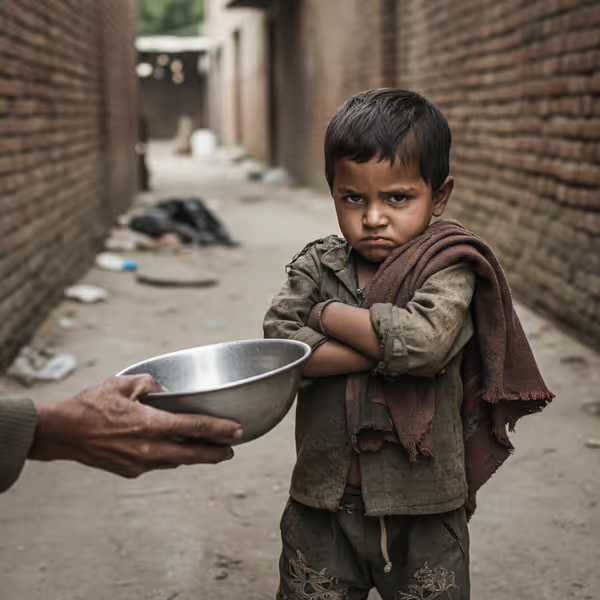The six pillars of human happiness
When we say "all for all" what does it mean?

This is a section from a longer work called How to Live a Good Life that I have been developing for a while. I give it here because I’m writing a longer piece about how we build and create lasting change and I put it here so I could refer back to it.
It’s fundamental if you want to create a society built around needs, rather than the wants of a few who own things.
This is a simple list, when you start filling it out it becomes more involved, but here it is
Food autonomy
Shelter autonomy
Education autonomy
Healthcare autonomy
Contingency
Personal
Group
Mobility
The word autonomy appears a lot there. It does so for a reason. If you can feed, shelter, educate and look after yourself without someone else being able to take those things from you then you are properly free. Some would say this is what has been lost over the last several hundred years. At least in theory most people had a bit of land they could cultivate, this made it very hard for the royalty that owned everything on paper to force people to do things without direct violence. The birth of capitalism was founded on taking this autonomy away, in some cases tearing people from the place of their birth and enslaving them, but mostly using hunger and threats of outright violence to do so.
Food autonomy
Put bluntly - if you can feed yourself and the people you care about and no-one can threaten you with hunger you are free to do what you want, as long as you do the work to make sure the food is available.
Of course, this would be better organised collectively, but the disconnection between where you live and where your food is grown is a serious problem. Despite this, it's still worthwhile saying we need distribution networks that ensure everyone has enough. Otherwise droughts and floods could still mean people starve. The naive green concept of only eating food grown close to where you live needs some thought - it only works in a world where its possible to actually grow that food.
Shelter autonomy
This one also includes
- Clothing
- Power/heating
- Sanitation
- etc.
Again if these things can't be taken from you you are free. If you don't have the threat of homelessness hanging over your head then you can use that head however you deem fit.
Education autonomy
This implies the time to learn about new things which is itself implied by the previous two. It also means gaining an understanding of how the world works that you can use to help you make decisions and participate with others in making them too.
There is an old saw that knowledge is power. This is true, but the knowledge a lot of people lack is how to work properly with each other to get things done, how to think critically so you can tell if some demagogue is trying to persuade you to do something stupid, or if you have to choose between relatively risky things you can do something better than go with your gut.
We also know, now, that complex systems like the ones human beings live under are difficult to get right but there are techniques for working with them. We should be educated in how that works, and how to find consensus, and how to create structures that are fair. These things are not really optional.
Healthcare autonomy
This includes maternity care, and keeping healthy and active into old age. Again if you have this you are free. There are some who argue the needs of health care could be expensive and infinite so it must be rationed, and this might be true to a degree, normally this is just our owners trying to justify not funding things properly while pretending resources are scarce when they are not.
Contingency
This means having the people and things, the resources, available to help when things go wrong. Either in the sense of an individual falling ill and needing help, or the broader sense of flood, fire or famine affecting an area that needs help. It's common sense, but our owners don't want to put the resources to one side. As an example think about how hospitals couldn't get personal protective equipment (PPE) during the Covid crisis because the government minister wouldn't authorise spending what was a trivial amount of money when you compare it to the entire budget.
Mobility
When you read The Dawn of Everything one of the most interesting thing that pops out of the description of societies from long ago is that when things became difficult, either because of the annoyance and stupidity of royalty or changes in the weather, people could just pick up and move somewhere better or at least different. This is something we haven't had for centuries, but if you think about it it gives you great flexibility and freedom from fear.
This also includes modern communications that allows us to stay in touch with one another over distances, to make moving to try new things easy.




